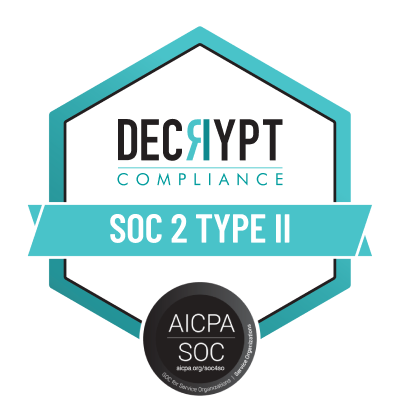The Crypto War: How Cyvers is Disrupting Hamas Crypto Accounts
How Cyvers and Crypto Aid Israel Are Shaping the Fight Against Terrorism

Introduction
In recent days, the world has been shocked by the sudden and devastating attacks by Hamas, Palestinian Islamic Jihad (PIJ), and Hezbollah on Israeli territory. These attacks have not only led to a humanitarian crisis but have also raised questions about how these terrorist organizations funded their operations. One answer to this question is cryptocurrency. In this blog, we will delve into the role of technology in battling terrorism funding, highlighting the efforts of companies and individuals in stopping the flow of funds to these extremist groups.
The Growing Use of Crypto in Funding Terrorism
Over the past year, Hamas, PIJ, and Hezbollah have received substantial amounts of funds through cryptocurrency transactions. According to research, the PIJ received as much as $93 million in crypto between August 2021 and June 2023, while Hamas received around $41 million during the same period. These transactions have exposed the vulnerabilities in efforts to combat terrorism funding, despite these groups being designated as foreign terrorist organizations by the U.S. government.

Challenges Faced by Governments and Agencies
The use of cryptocurrency in funding terrorism poses significant challenges for governments and law enforcement agencies. While these groups are subject to sanctions that limit their access to the international banking system, cryptocurrencies allow them to bypass traditional financial institutions, making it difficult to trace and seize the funds.
Efforts to Freeze Crypto Accounts
In response to the crypto funding of terrorism, Israeli police have been actively working to locate and freeze crypto accounts used by Hamas for soliciting donations through social networks. These actions are part of a broader effort to uncover the financial infrastructure in cryptocurrencies used by these terror entities. Companies like Cyvers, Binance, the world's largest crypto exchange, have been cooperating with law enforcement agencies to combat terror financing. However, these actions remain a challenging task.

The Role of Technology Companies
Technology companies have played a pivotal role in this fight against terrorism funding. They have recognized the importance of identifying and blocking crypto accounts associated with extremist groups. PayPal, a U.S.-based company, has established a special unit focused on identifying links to fundraising for terrorist organizations and taking swift actions to block them. Rapyd has also established a similar operation against money laundering for terrorist organizations. This proactive approach demonstrates how companies are aligning their efforts with security agencies to curb illicit financial activities.
The Contribution of Cyvers
The fight against terrorism funding extends to the online world, where high-tech entrepreneurs and individuals connected to security agencies play a vital role. They actively monitor suspicious financial activities through social networks, utilize artificial intelligence, and leverage local legislation to identify and block these transactions. Many employees and citizens have become part of this effort, sharing information and taking immediate action. This collaboration has created a strong network of individuals committed to preventing terror funding.
Crypto Exchanges and Civilian Networks
While progress has been made in blocking certain crypto transactions, these extremist groups continue to explore new channels. The use of crypto exchanges like Binance and ByBit has grown in popularity. Israeli entrepreneurs and crypto experts have joined forces to identify and block these transactions by sending requests to exchange contacts. Suspicious transactions are approved retrospectively. The decentralized nature of cryptocurrencies poses unique challenges, and efforts to counter these transactions require vigilance and collaboration between security agencies and civilian networks.
The Importance of Crypto Aid Initiatives
Crypto is not inherently evil; it can also be a force for good. In response to the crisis in Gaza, initiatives like Crypto Aid Israel have emerged, aiming to raise funds for the residents of Israel and victims of the recent terrorist attacks. Organizations such as the FireBlocks, and the Israeli Blockchain Association have come together to channel funds for humanitarian relief. In just a short time, Crypto Aid Israel has raised significant amounts to provide much-needed support to the affected population.
Conclusion
The use of cryptocurrency in funding terrorism has highlighted the ever-evolving challenges that governments and technology companies face in preventing illicit financial activities. While significant progress has been made in blocking certain crypto transactions, the battle against terror financing is ongoing. The role of cyvers and individuals in monitoring and blocking these activities cannot be overstated. The growing efforts of technology companies, in collaboration with security agencies, reflect a commitment to a safer world. In this digital age, the fight against terrorism funding requires a united front to safeguard global security and stability.
References:
https://www.ndtv.com/world-news/israel-gaza-war-how-hamas-has-used-crypto-an-explainer-4471838
Next generation threat prevention
Identify patterns and anomalies across blockchains in real-time for proactive mitigation.




.webp)
.webp)
.webp)

.webp)
.webp)